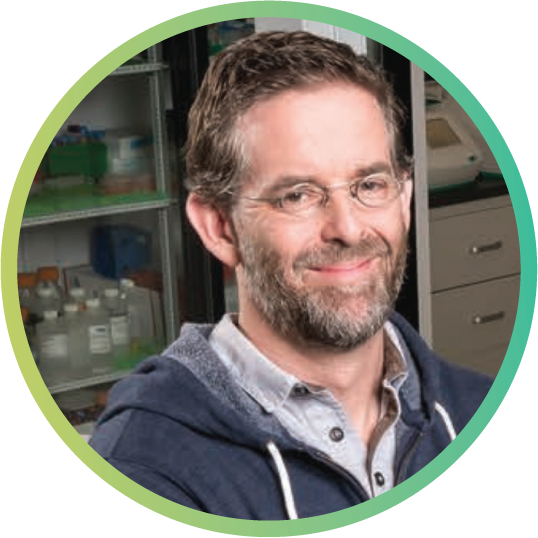
Andy Gardner
University of St Andrews, United Kingdom
Title – TBA
Andy Gardner uses theoretical models and simulation to address fundamental questions in evolutionary biology. Recently, he has been developing theory to better understand selfish genetic elements and their evolutionary consequences.

Ellen Clarke
University of Leeds, United Kingdom
Title – TBA
Ellen Clarke’s research explores the metaphysics and epistemology of biological science. It asks questions such as What biological objects are there and what sorts of things are they? Where does each end and another begin? How can we explain how they came into being? and more.

Rafael Pinilla-Redondo
University of Copenhagen, Denmark
Title – TBA
Rafael Pinilla-Redondo investigates bacterial immune systems, focusing on CRISPR-Cas systems, and their interactions with mobile genetic elements (MGE). His work bridges fundamental microbiology and practical biotechnological advancements.

Daven Presgraves
University of Rochester, United States
Title – TBA
Daven Presgraves investigates the evolution of the selfish Segregation Distorter (SD) complex in the Drosophila genus. His lab uses molecular and evolutionary genetics to identify the role of selfish genetic elements in chromosome evolution, hybrid incompatibilities, and speciation.

Anna Lindholm
University of Zürich, Switzerland
Title – TBA
Anna Lindholm investigates the consequences of a male meiotic drive, the t-haplotype, in mice. Specifically, her lab focuses on the behavioural, evolutionary and ecological impact of this selfish genetic elements.

Takashi Akera
National Institute of Health, United States
Title – TBA
Takashi Akera uses cellular imaging techniques and molecular biology to investigate the causes and consequences of female meiotic drive in mice. Specifically, his research group focuses on the cellular and molecular mechanisms underlying centromere drive.

Tatiana Dimitriu
University of St Andrews, United Kingdom
Title – TBA
Tatiana Dimitriu studies bacteria and mobile genetic elements (MGEs), focusing on antimicrobial resistance (AMR) transmission. Her research explores how bacterial defence systems and competing plasmids impact AMR spread. By understanding these mechanisms, her work aims to propose treatments to reduce AMR prevalence.
